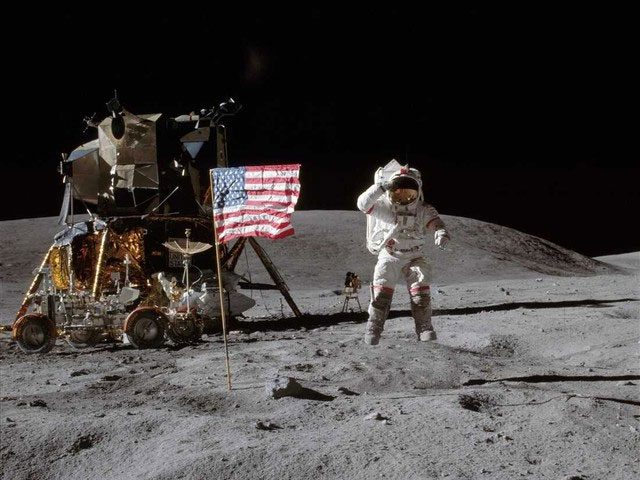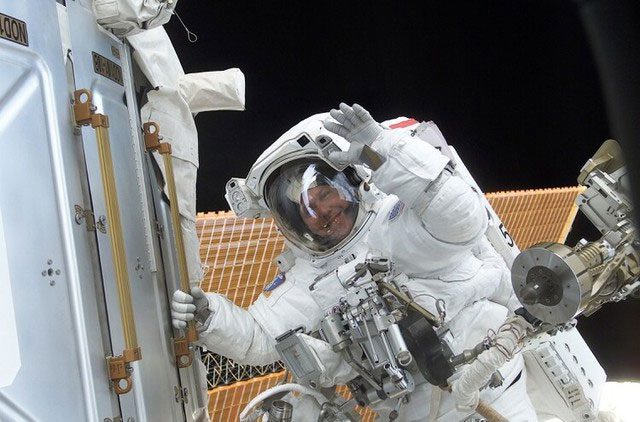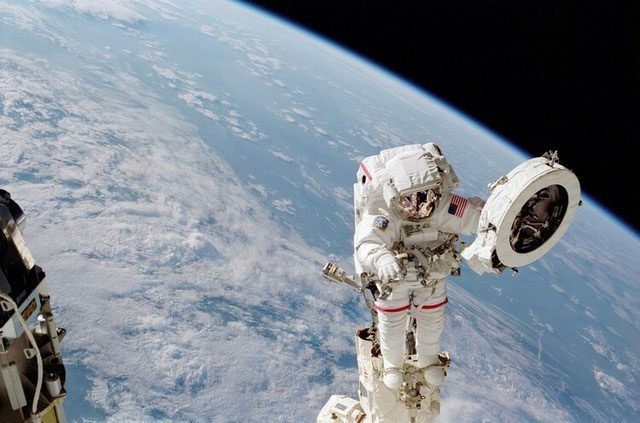For a long time, humanity has never stopped yearning to explore the vast universe. From ancient attempts to launch gunpowder into the sky to the rapid development of modern aerospace technology, the distance between us and space has never felt closer.
However, when astronauts actually set foot on that distant territory, they often experience surprising emotions. Many fortunate individuals who have ventured into space report that the feelings they experienced were not happiness or excitement, but rather fear.
The Fear of Being in Space
Space travel is akin to facing an abyss, and astronauts must always accept the challenge of life and death. Once they are destined to embark on this sacred mission, it also means risking their lives.
The vastness of outer space is a sight that we cannot truly imagine until we experience it ourselves. After returning to Earth, many astronauts have refused or been unable to accurately describe their feelings in space. The reason is that it is a strange sensation that cannot be put into words, completely different from any emotions they have ever experienced before.

After returning to Earth, many astronauts have declined to describe their feelings while in space.
If there is a most understandable description for what happens in space, most agree that the silence and desolation there can be described as “dark” and “terrifying.”
Chinese astronaut Liu Yang candidly stated in an interview that the darkness of space is “bottomless and indescribable.” Combined with the lonely scenery of scattered stars, this atmosphere truly evokes an inexplicable fear in humans.
Veteran astronaut Wang Yaping also mentioned that the “silent darkness” and “faint light” in space made her feel a profound terror she had never encountered before. “Walking in space feels like falling into an abyss and being unable to escape. There is nothing more frightening than facing the vastness of the universe alone,” said the first Chinese female astronaut to walk in space.
According to Zhao Zhigang, one of the three astronauts who launched the Shenzhou 7 spacecraft into space in 2008, the deadly silence and pitch-black environment in space felt like being hypnotized. The emotions at that moment were akin to being swallowed into an abyss, and despite being strapped in, he could not escape the feeling of numbness and horror that enveloped him.

The emotions experienced in space are completely different from any feelings they have encountered before.
The Overview Effect
During humanity’s exploration of the vast universe, astronauts are the group that experiences the most personal insights into the mysteries of the cosmos. They are the first to witness an overview of Earth. Since humans have been able to view the planet from greater distances, science has developed the concept of the Overview Effect.
The concept of “the Overview Effect” was first proposed by space philosopher Frank White in the 1980s. It refers to the profound change in perception that occurs after individuals see Earth on a macro scale with their own eyes.
When in space, you will deeply understand something that humanity has struggled to grasp for thousands of years: Earth is a whole, everything is interconnected, and all of us are an inseparable part of this whole.
Frank White had this experience because he was at a height sufficient to see Earth.
“The vast land initially becomes small before our eyes. Mountains disappear in an instant, shrinking to the size of a thumb. The cities where humans live become even more trivial… At that moment, the boundaries between nations and territories have been erased. Everything in the world seems to have lost its original meaning,” the philosopher wrote.

Not all astronauts have positive feelings about the overview of Earth.
White noted that he had never witnessed such a horrifying sight and considered it beyond human comprehension.
He published the book “The Overview Effect: Space Exploration and Human Evolution” in 1987. In this book, he interviewed astronauts, scientists, and those who have witnessed the overview of Earth firsthand.
American astronaut Sandra Magnus commented, “Looking out the window, the atmosphere is very thin. This made me realize that we are living on a ball with such fragile life.”
Commander of Apollo 14, Alan Shepard, expressed his emotions more directly: “When I stood on the moon and saw Earth for the first time, I cried.”
It is evident that when astronauts see the overview of Earth, they are undoubtedly moved and astonished. However, not all astronauts have positive feelings about the overview of Earth. Chinese astronaut Liu Yang used the phrase “the bottomless darkness of space” to describe the vastness of the universe. He stated that he felt extremely lonely and afraid.





















































